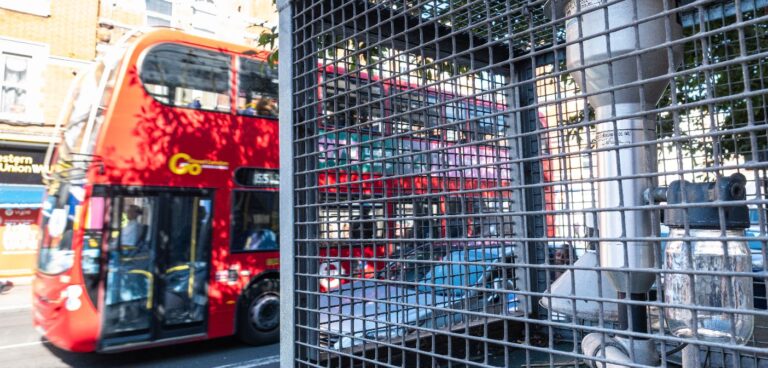The mayor of London and Bloomberg Philanthropies have announced a joint investment in air quality monitoring across the UK capital.
The combined £1.5m investment, which includes £779,000 from Sadiq Khan and £720,000 from Bloomberg Philanthropies, will fund the day-to-day running of 195 air quality sensors across London, as well as further research and community engagement until November 2024.
Data from the sensors, which have been installed at hospitals, schools and in local authorities to measure pollution locally, will produce real-time air quality data that Londoners can access on the new Breathe London website.
The website will bring together the data from London’s existing monitoring network alongside Breathe London sensors, meaning once all the sensors are in operation it will host data from over 300 monitoring sites.
Following on from this, the mayor has also announced a new sponsorship programme in partnership with Bloomberg Philanthropies and Imperial College London, which will provide an additional 60 sensors available to London communities over the next three years.
Organisations and individuals will be able to apply to host a sensor in a location of their choice from the summer, with all associated costs covered. The first 10 sensors will be released in the autumn.
Mayor of London, Sadiq Khan, said: “I am delighted that Londoners will now have access to real-time, accurate air quality data for their area from more than 300 monitoring sites. This will improve awareness and help people reduce their exposure to polluted air.
“The new website we are launching will also help City Hall, TfL and the boroughs better target efforts on improving air quality at a local level. Thanks to support from Bloomberg Philanthropies we will be helping community organisations to monitor air pollution by enabling them to host sensors in a location of their choosing at no cost to them.”
Breathe London will focus on reaching communities that research shows are exposed to poor air quality and lack access to green space, including low-income and Black, Asian and Minority Ethnic groups.
As part of the project, sensors have already been installed at nine hospitals across the capital.
Community groups, charities, businesses, individuals, academics and boroughs are being encouraged to host a sensor in their area. Each London borough will receive at least one sensor and will work with their local communities to choose the locations.
Users will also be able to ‘buy in’ to the network at a reduced cost. Details on how to apply through the sponsorship programme or to buy into the network will be announced in the summer.





